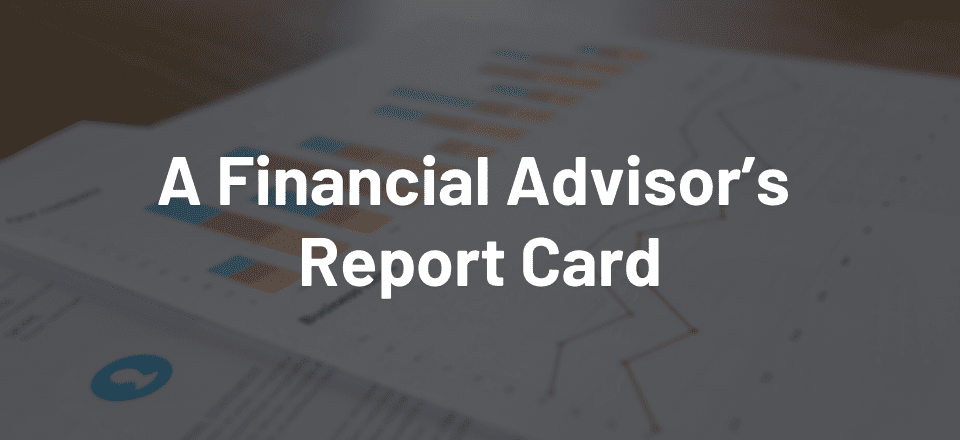


A Financial Advisor’s Report Card
September 15, 2020


Identify Your Personal Retirement Goals
October 2, 2020In the past, boomers and generation Xers often held on to jobs for 10 or more years. Some professionals stayed with the same company for most of their working lives. The Great Recession changed this for many. Now, people have become more comfortable moving from job to job. Millennials are especially adept at this. They change jobs three times more often than other generations.
Changing jobs introduces a new dilemma for people, regardless of why or how often they do so: what to do with the 401(k) account they had with their former employer. Should they consider taking the cash distribution, or could there be a better choice?
Consider All Options
Here are some reasonable options to consider whether it’s to cash out, or retain the tax-deferred benefits attached to your assets:
1. Take the Cash: When people make financial decisions they may choose to do so based on interest rates and cash in hand. But another important factor to consider is taxes. When you take cash distributions from your 401(k) account, you may pay a lot of money in taxes and fees. This includes a 20% federal withholding tax and then another 10% penalty for people who are under the age of 59 and a half years old.
2. Directly Roll the Money Into an IRA: An individual retirement account is much like a 401(k), but it can remain independent of any employer. You may want to consider this option if you change jobs often or if a new employer does not offer retirement plans.
3. Use the New Employer’s Plan: Some professionals prefer to keep rolling their 401(k) savings forward. You may want to consider this option if you mostly work corporate jobs with good 401(k) plans. Rolling the money over directly from one employer to the next may also help to eliminate any fees from the IRS. Note that even if you are not yet eligible to contribute to your new employer’s retirement plan, you should be able to roll over your money.
4. Keep the Old Plan: If you have at least $5,000 in your old retirement account, your employer must allow you to retain your 401(k) account if you want to. You can no longer make contributions to the account, but you can make decisions regarding the investment of your assets. You may want to consider this option if you leave your job to start a business, or want to add some diversity to your retirement holdings.
The Importance of Research
The right approach depends on a number of factors. Aside from those mentioned above, you should consider the rules at your company as well as longevity. Is the company in financial trouble? What happens to your retirement plan if it goes under? Some employers may also set lower thresholds to allow former employees to leave their retirement accounts behind. Speak directly with the human resources department to get some answers.
1. https://www.gallup.com/workplace/231587/millennials-job-hopping-generation.aspx
2. https://www.cnbc.com/2020/01/06/think-twice-before-taking-early-withdrawals-from-retirement-savings.html
3. https://www.irs.gov/retirement-plans/plan-participant-employee/retirement-topics-termination-of-employment
This material is for general information only and is not intended to provide specific advice or recommendations for any individual. There is no assurance that the views or strategies discussed are suitable for all investors or will yield positive outcomes. Investing involves risks including possible loss of principal.
This material was prepared by LPL Financial, LLC




